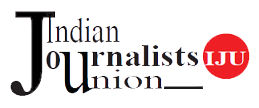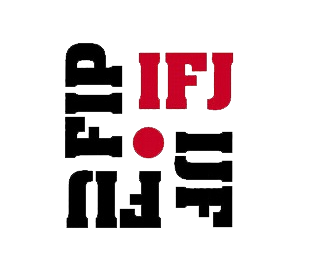Guwahati, Dec 4: The demand for a ‘pledge of parity’ to ensure equal opportunity for women in workplace and greater task-sharing among all genders at homes was raised at a meet organized by Gender Council, Journalists’ Union of Assam (JUA), to discuss the challenges and possibilities in wake of the ‘new normal’ thrown up by the global pandemic.
Attended by several journalists, including Union members, based in Guwahati, the meeting discussed the problems faced by journalists in general, with focus on women journalists in the COVID 19-created situation, and raised a clarion call for the need to unite to lend strength to their voices.
Participating through the virtual mode from New Delhi, Sabina Inderjit, vice-president of International Federation of Journalists (IFJ) and secretary general of Indian Journalists’ Union (IJU), stressed on more work-sharing options for women, including at home.
Citing data from a survey conducted among women journalists across 50 countries, she said that it was found that stress level among the women journalists has increased manifold during the ongoing pandemic as they are having to multi-task more compared to the pre-pandemic atmosphere.
She underlined the need for more work sharing options for women and said, “We should reach out to our male colleagues to make them understand the need to share the workload of their female companions at home.”
Geetartha Pathak, president of IJU and JUA state committee, spoke on the need for journalists to unite, focusing on the thrust by the IJU on ensuring equal participation of women in all its activities.
Citing instances when the IJU and JUA had firmly stood up for journalists’ rights, he added the Unions have been putting constant pressure on the governments at all levels to ensure that atrocities on journalists are not pushed under the carpet.
JUA vice-president Bedabrata Lahkar, stressing on the need for journalists to unite, said there is a need to sensitize male colleagues on the issues concerning their female counterparts and also, make them understand the need for parity between the genders in true sense of the term, not just in workplaces but also at their homes.
Lahkar called upon the Gender Council, JUA, to come up with a ‘pledge of parity’ for all journalists to sensitize them further on these issues.
Among the issues raised in the meet on the theme ‘Media and COVID 19 – A Gender Perspective’ were pay cuts by most media houses, increase in workload without any commensurate raise in pay and retrenchment of women journalists in greater numbers that of their male colleagues.
The side-lining of reporting on developmental and humane stories during the COVID 19 crisis was also discussed as it proved to be a challenge for reporters covering ‘soft beats’ to generate news or find space for their reports during the period.
The unprecedented crisis also threw up opportunities for the journalists to perform their duties more diligently, which also drew appreciation from the editors and even promotions and greater responsibilities within their organizations in a couple of cases, as shared by a few women journalists during the interaction.
Setting the agenda for the meet, Gender Council president Samim Sultana Ahmed urged the women journalists to be assertive in their professional careers and work in a determined manner to establish themselves.
She highlighted the need for the women journalists to unite and stand in solidarity with each other at all times.
JUA executive committee member Sabita Lahkar, drawing from her own experience, said the women journalists have to fight more for their due credit than their male colleagues, and called upon the youngsters entering the profession to work with sincerity and determination to create their own space.
Duina Barbaruah, organizing secretary, Gender Council, JUA, welcomed the guests at the onset and spoke on the objective of the meet, which was coordinated by Sushmita Goswami, general secretary, Gender Council, JUA, and also attended by Ratan Luwang, a senior journalist from Manipur.





